 Two electronics manufacturers used a combined 60 million pounds of recycled plastic in their products last year.
Two electronics manufacturers used a combined 60 million pounds of recycled plastic in their products last year.

 Two electronics manufacturers used a combined 60 million pounds of recycled plastic in their products last year.
Two electronics manufacturers used a combined 60 million pounds of recycled plastic in their products last year.
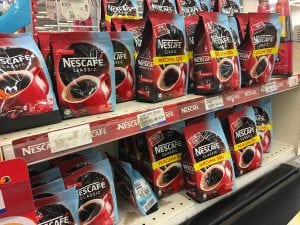 Shareholders are calling on major consumer product companies to reduce their plastic packaging, ensure recyclability, and help fund collection and recycling.
Shareholders are calling on major consumer product companies to reduce their plastic packaging, ensure recyclability, and help fund collection and recycling.
 Global health and medical products company Johnson & Johnson says it might fail to achieve its packaging recyclability targets.
Global health and medical products company Johnson & Johnson says it might fail to achieve its packaging recyclability targets.
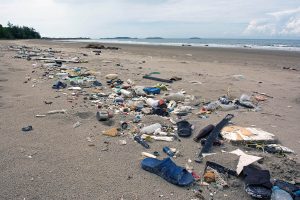 An industry-funded ocean plastics prevention initiative has received support from a number of new partners, including brand owners, a chemicals giant and an intergovernmental group.
An industry-funded ocean plastics prevention initiative has received support from a number of new partners, including brand owners, a chemicals giant and an intergovernmental group.
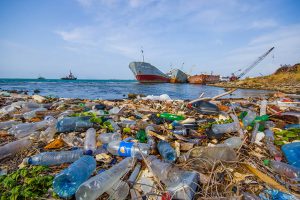 Major brands, nonprofit organizations and industry groups will raise $150 million to boost the collection and recycling of plastics that may otherwise become marine debris.
Major brands, nonprofit organizations and industry groups will raise $150 million to boost the collection and recycling of plastics that may otherwise become marine debris.
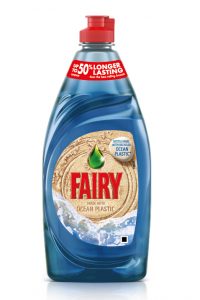 After producing 150,000 shampoo bottles made partially with recovered marine plastics, Procter & Gamble will now do the same thing with 320,000 dish soap containers.
After producing 150,000 shampoo bottles made partially with recovered marine plastics, Procter & Gamble will now do the same thing with 320,000 dish soap containers.
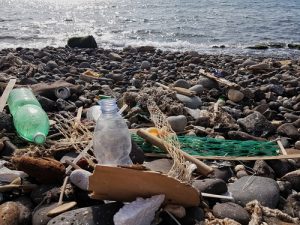 Large brand owners and manufacturers have formed an effort aimed at diverting millions of pounds of plastic material that could potentially end up as marine debris.
Large brand owners and manufacturers have formed an effort aimed at diverting millions of pounds of plastic material that could potentially end up as marine debris.
 One of the world’s largest footwear manufacturers sold 1 million pairs of shoes last year made partially with recovered marine plastics, and it expects to sell another 5 million this year.
One of the world’s largest footwear manufacturers sold 1 million pairs of shoes last year made partially with recovered marine plastics, and it expects to sell another 5 million this year.
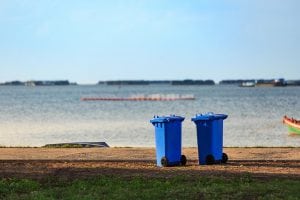 A $1 million grant from the Coca-Cola Foundation will kickstart a program to buy lidded recycling carts for coastal U.S. communities.
A $1 million grant from the Coca-Cola Foundation will kickstart a program to buy lidded recycling carts for coastal U.S. communities.
 This story has been updated.
This story has been updated.
Inertia continues to build toward the use of tracers and digital watermarks to improve optical sortation of post-consumer packaging. Procter & Gamble is leading an effort to keep everybody on the same page and avoid market fragmentation.
